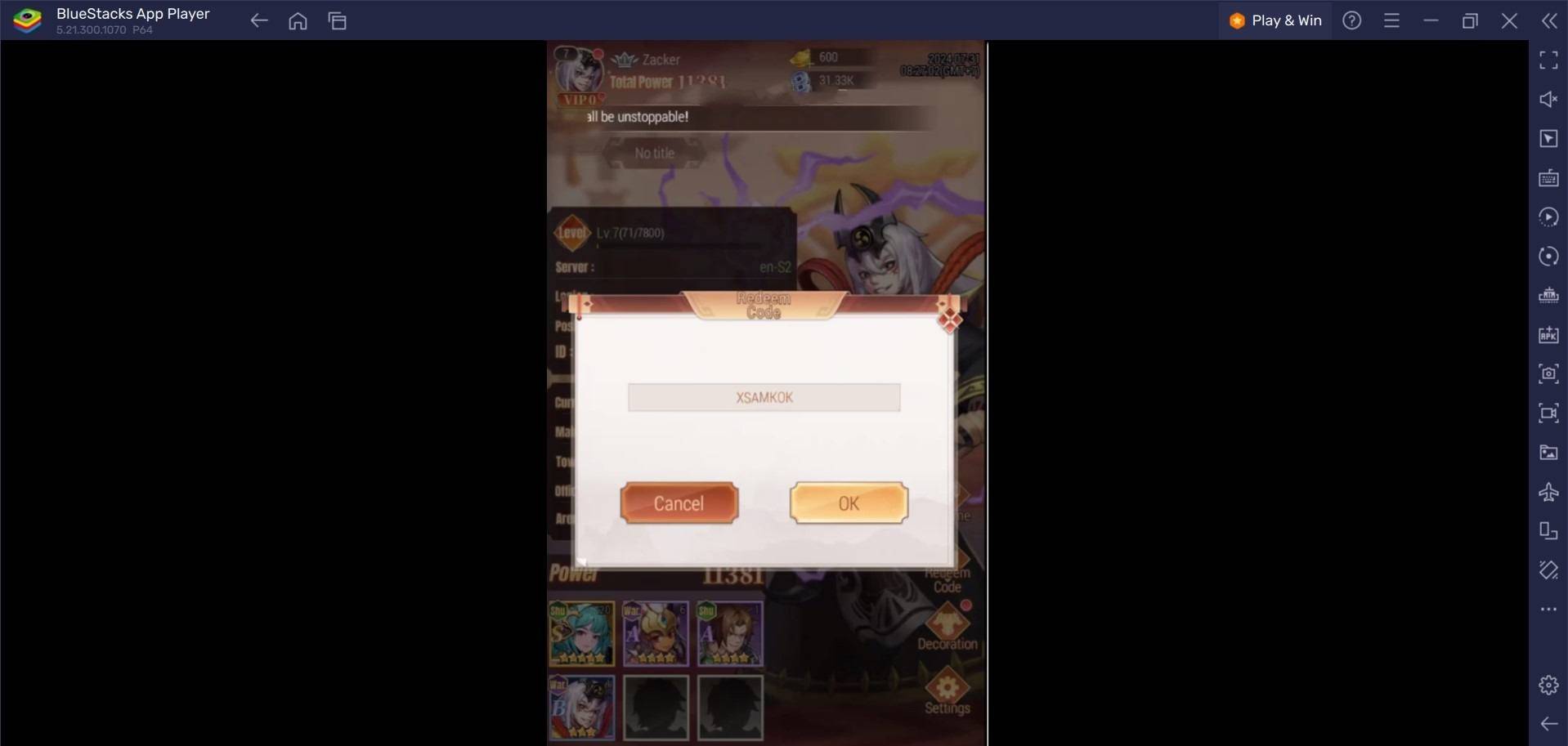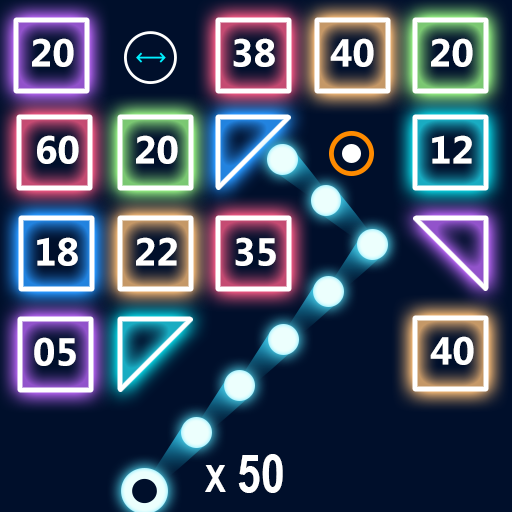Activision has taken significant steps to address the persistent issue of cheating in Call of Duty, particularly within Black Ops 6 and Warzone, following widespread community complaints. In response to the outcry from the player base, Activision has announced plans to allow console players in Ranked Play to disable crossplay with PC players, a feature set to roll out with the launch of Season 2.
Cheating has been a hot-button issue among Call of Duty enthusiasts since the introduction of Ranked Play in Black Ops 6 and Warzone during the launch of Season 1 last year. Many players have felt that the presence of cheaters is undermining the competitive integrity of multiplayer modes, leading to criticism of Activision's initial efforts to curb cheating.
Last month, Activision's Team Ricochet, the division tasked with developing Call of Duty's anti-cheat technology, acknowledged that their efforts had fallen short at the launch of Season 1. "After a series of updates our systems are in a better place today across all modes; however, we did not hit the mark for the integration of Ricochet Anti-Cheat at the launch of Season 01 — particularly for Ranked Play," the company admitted.
In a recent blog post, Activision outlined its strategy to combat cheating in Call of Duty throughout 2025. Since the launch of Ranked Play, over 136,000 account bans have been issued. With the upcoming Season 2, new and enhanced client and server-side detection systems will be introduced, along with a major update to the kernel-level driver. Looking ahead, Season 3 and beyond will bring "a multitude of new tech," including a novel system designed to authenticate legitimate players and target cheaters. However, specifics on this new technology were withheld to prevent cheat developers from gaining insight into the system.
In a move to address immediate concerns, Activision will enable console players to disable crossplay for Black Ops 6 and Warzone Ranked Play starting with Season 2. This feature acknowledges the belief that cheating is more prevalent among PC players, a concern that has led many console players to disable crossplay in standard multiplayer modes for years. "We'll be monitoring closely and will consider further changes to prioritize the integrity of the ecosystem, and we’ll have more details to share as we get closer to the launch of this feature," Activision stated.
Despite these efforts, Activision's anti-cheat updates continue to be met with skepticism from the dedicated Call of Duty community. While cheating is not exclusive to Call of Duty, it has become a significant reputational challenge for Activision, especially since the launch of the free-to-play battle royale, Warzone, in 2020. The company has invested heavily in anti-cheat technology and legal action against cheat developers, with notable successes in recent court cases.
In anticipation of Black Ops 6's launch, Activision set a goal to remove cheaters from games within one hour of their first match. The game was released with an updated kernel-level driver for Ricochet, which also applied to Warzone, and introduced new machine-learning behavioral systems designed to enhance the speed of detection and analyze gameplay to combat aim bots.
"The people behind cheats are organized, illegal groups that pick apart every piece of data within our games to look for some way to make cheating possible," Activision noted. "These bad guys are not just some script kiddies poking around with code they found online. They are a collective who profit from exploiting the hard work of game developers across the industry. But cheat developers are flawed (clearly — they have to pretend to be good at video games). Every time they cheat, they leave breadcrumbs behind. We’re always looking for those breadcrumbs to find the bad actors and get them out of the game."
 Home
Home  Navigation
Navigation






 Latest Articles
Latest Articles










 Latest Games
Latest Games












